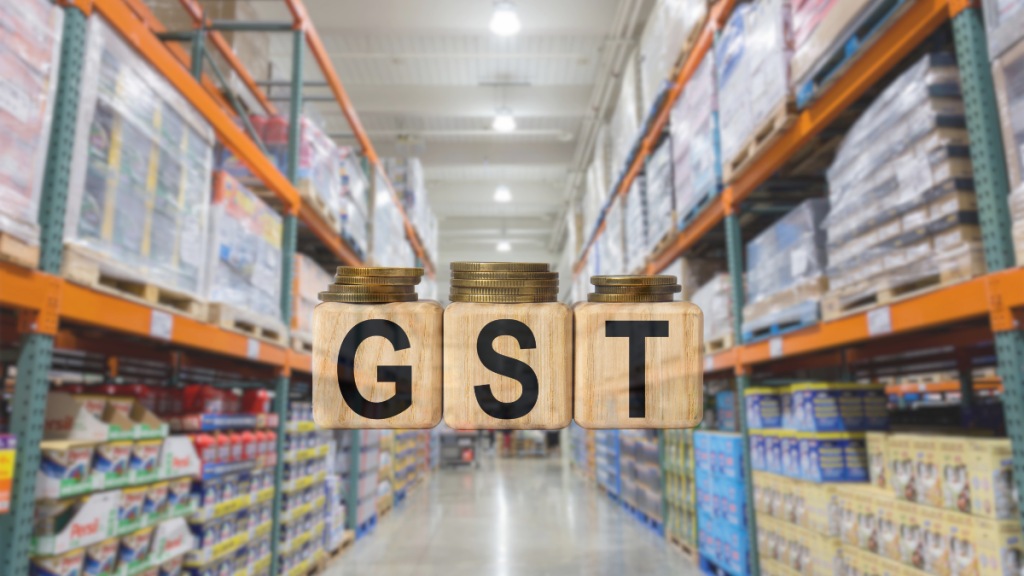The government’s proposed reduction in GST rates is likely to give a boost to consumption across mass and discretionary categories after months of sluggish demand. While macro-economic factors and rural momentum have aided sales growth in recent months, the expectation of tax cuts by Diwali have raised hopes of a faster recovery in fast-moving consumer goods (FMCG) and durables, companies and experts said.
Under the proposal, the existing 12% and 28% GST slabs will be scrapped, leaving only the 5% and 18% slabs. Food and beverages currently taxed at 12% could move to the 5% slab if the proposal is formalised, reducing the tax burden on several products such as edible oils, rice, butter, ghee, instant noodles, juices, and dry fruits. Home and personal care items could see limited price benefits since these goods fall under the 5% and 18% tax slabs.
FMCG players welcome move
“The government is doing everything possible to spur demand,” Tarun Arora, CEO & whole-time director, Zydus Wellness, said. “This is the third leg after the government initiated fiscal and monetary policy measures earlier this year. GST rate cuts was an industry ask for some time now. It is likely to happen finally. Consumption will get a boost with lower prices,” he said.
Harsha Vardhan Agarwal, vice-chairman & MD, Emami, who is also the president of FICCI, said the GST review would reduce the tax burden on consumers and enhance ease of doing business. “The commitment to reduce compliance and eliminate redundant regulation will strengthen India’s position as a manufacturing hub,” he said.
Festive boost for consumer durables
In consumer durables, air conditioners and LED TVs above 32 inches will be likely taxed at 18% from 28% now, under the new GST reforms. Washing machines and refrigerators, on the other hand, may not see significant pricing action since these goods fall under the 18% tax slab.
“I certainly see a big boost to demand for ACs and LED TVs with the proposed GST rate cuts. ACs are no longer a luxury item and the demand for larger TV screen sizes has only been growing in recent years. The likely rate cuts will spur demand for these products during the festive season,” NS Satish, president, Haier Appliances India, said.
Over a third of durable sales happen during the festive season. Some companies fear that consumers may delay purchases to take advantage of lower prices whenever they kick in following the formalisation of GST rate reduction. The issue of liquidating higher-priced inventory sitting with traders is also expected to grow, some tax experts and companies said, as the pressure to pass on tax gains increase.
“Traders may want to exhaust their current inventory before ordering lower-priced inventory. Those challenges will have to be navigated,” Avneet Singh Marwah, CEO at Super Plastronics, a consumer durable manufacturer, said.
Despite the challenges, companies have welcomed the move, saying consumption of premium products could grow with the GST rate cut. “With prices coming down, the demand for better products such as five-star rated ACs will grow,” Kanwal Jeet Jawa, chairman & MD, Daikin India, said.
Mohit Malhotra, CEO, Dabur India says that a more simplified GST structure will provide relief to the FMCG sector and could aid trials. “This could go a long way in improving volume sales,” Malhotra said.
Krishna Khatwani, head of sales, Godrej Consumer Products (GCPL), said that rationalisation of GST slabs has the potential to unlock demand across segments. “In urban centres, we could see consumers upgrading more easily to premium formats as affordability improves. In rural areas, companies would look to pass more value to customers through lower price points or higher volume for the relevant categories,” Khatwani said.
